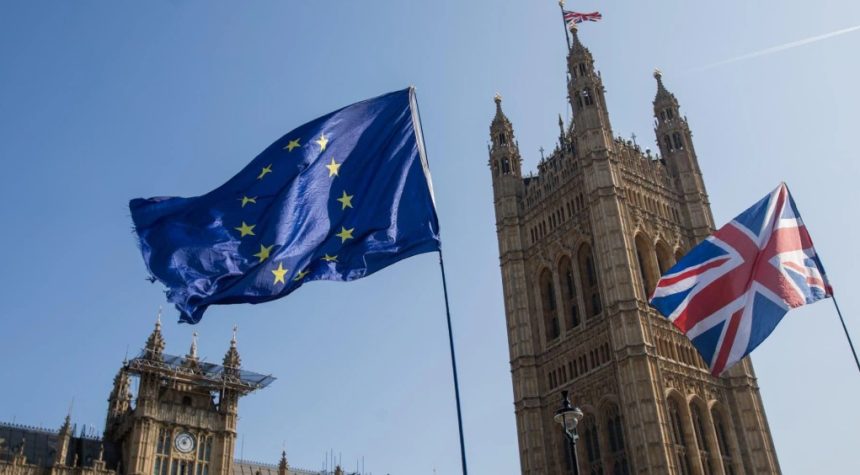Government state pension age under fresh review amid fears of future pensioner poverty
The UK Government is launching a fresh review of the state pension age, as rising concerns grow over the future financial security of today’s workers.
Work and Pensions Secretary Liz Kendall confirmed the decision during a speech in West London, stating that the long-term viability of the current pension system must be reassessed.
The review, scheduled to conclude in March 2029, comes just six years after the last one, in line with the statutory requirement for a review every six years.
This isn’t just box-ticking. Behind the move lies a stark reality: projections suggest that people retiring in 2050 may receive around £800 less per year than today’s pensioners.
And that’s just the start. Data from the Department for Work and Pensions (DWP) paints a worrying picture — 45% of working-age adults are not contributing anything to their pensions.
Blame is largely placed on the cost of living crisis, which continues to cripple household budgets and stifle long-term saving.
“Many workers are more concerned about putting food on the table and keeping a roof over their heads than saving for a retirement that seems a long, long way away,”
said Ms Kendall, addressing the growing tension between day-to-day survival and future financial planning.
Kendall didn’t stop there. She’s bringing back the Pension Commission, an influential advisory body that had once helped shape Blair-era reforms. Its job? To answer a difficult but vital question: Why are future pensioners set to be poorer than their predecessors?
“Just because pensioner poverty has fallen does not mean all the problems have gone away,” she warned.
Women, she noted, are among the most affected. “Women who are now approaching retirement have half the private pension wealth of men… just over £100 a week, compared to £200 a week for men.”
The self-employed are faring no better. Only one in five are saving into a pension — a dramatic fall from half in the late 1990s.
The Commission’s remit includes exploring whether more workers should be pulled into auto-enrolment schemes earlier, and how to boost retirement income across the board. The key phrase is long-term resilience.
“Put simply, unless we act, tomorrow’s pensioners will be poorer than today’s,” Kendall warned.
“And crucially, because almost half of the working age population isn’t saving anything for their retirement at all.”
She was blunt about the financial struggles faced by the younger generation. “Young people haven’t got a hope in hell of getting on the housing ladder… they’re being killed by rent,”
she said, adding that this pressure is fuelling a “tsunami of pensioner poverty” to come.
Despite the urgency, one policy is staying untouched: the pensions triple lock. The system guarantees state pension increases each year in line with either inflation, average earnings or 2.5% — whichever is highest. “It’s non-negotiable,” Kendall stressed. “Out of scope for this review.”
Questions remain about who should foot the bill for the changes. When asked about potential hikes in employer or employee contributions, Kendall was clear: “We’ve ruled out any increase in contributions… this parliament.”
Meanwhile, Reform UK leader Nigel Farage weighed in at a press conference, stating bluntly: “We’re going to have to face the reality that if people are living longer and longer, then inevitably retirement age is going to have to rise.”
Farage also hit out at the private pensions industry, calling it “an absolute scandal” that benefits providers more than pensioners.
As the 2027 deadline for the Pension Commission’s proposals approaches, this latest review signals a long-overdue reckoning with the UK’s pension landscape.
The government insists the review is “routine”, but make no mistake — this is a pivotal moment in deciding how the next generation of pensioners will survive.






